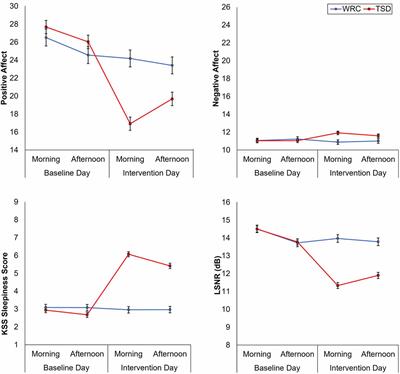EDITORIAL
Published on 09 Jan 2023
Editorial: How does sleep help regulate negative emotion?
doi 10.3389/fnbeh.2022.1125841
- 1,915 views
16k
Total downloads
98k
Total views and downloads
EDITORIAL
Published on 09 Jan 2023
ORIGINAL RESEARCH
Published on 20 Oct 2022
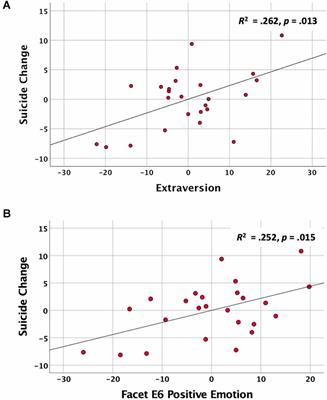
BRIEF RESEARCH REPORT
Published on 19 Oct 2022

SYSTEMATIC REVIEW
Published on 04 Oct 2022

ORIGINAL RESEARCH
Published on 23 Sep 2022
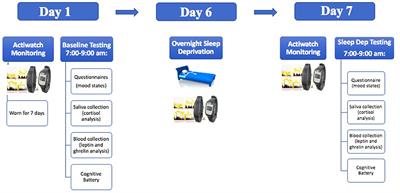
ORIGINAL RESEARCH
Published on 16 Sep 2022
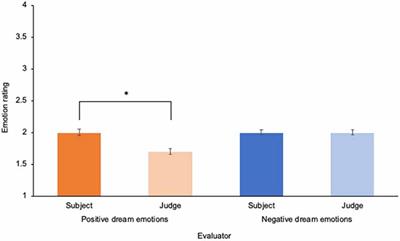
ORIGINAL RESEARCH
Published on 12 Sep 2022
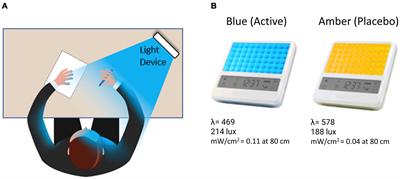
ORIGINAL RESEARCH
Published on 12 Sep 2022
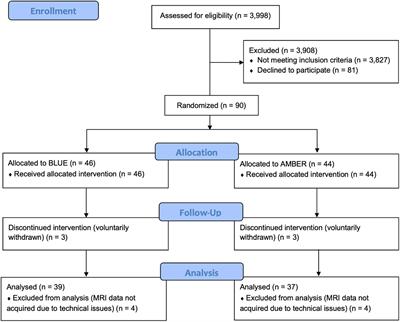
REVIEW
Published on 29 Aug 2022

ORIGINAL RESEARCH
Published on 22 Aug 2022
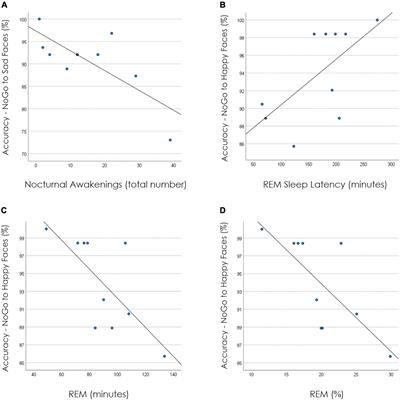
ORIGINAL RESEARCH
Published on 17 Aug 2022
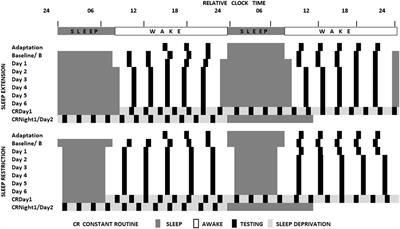
ORIGINAL RESEARCH
Published on 04 Jul 2022
